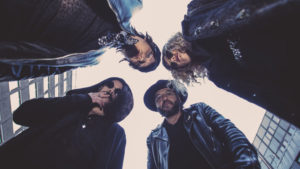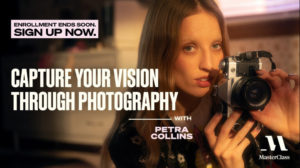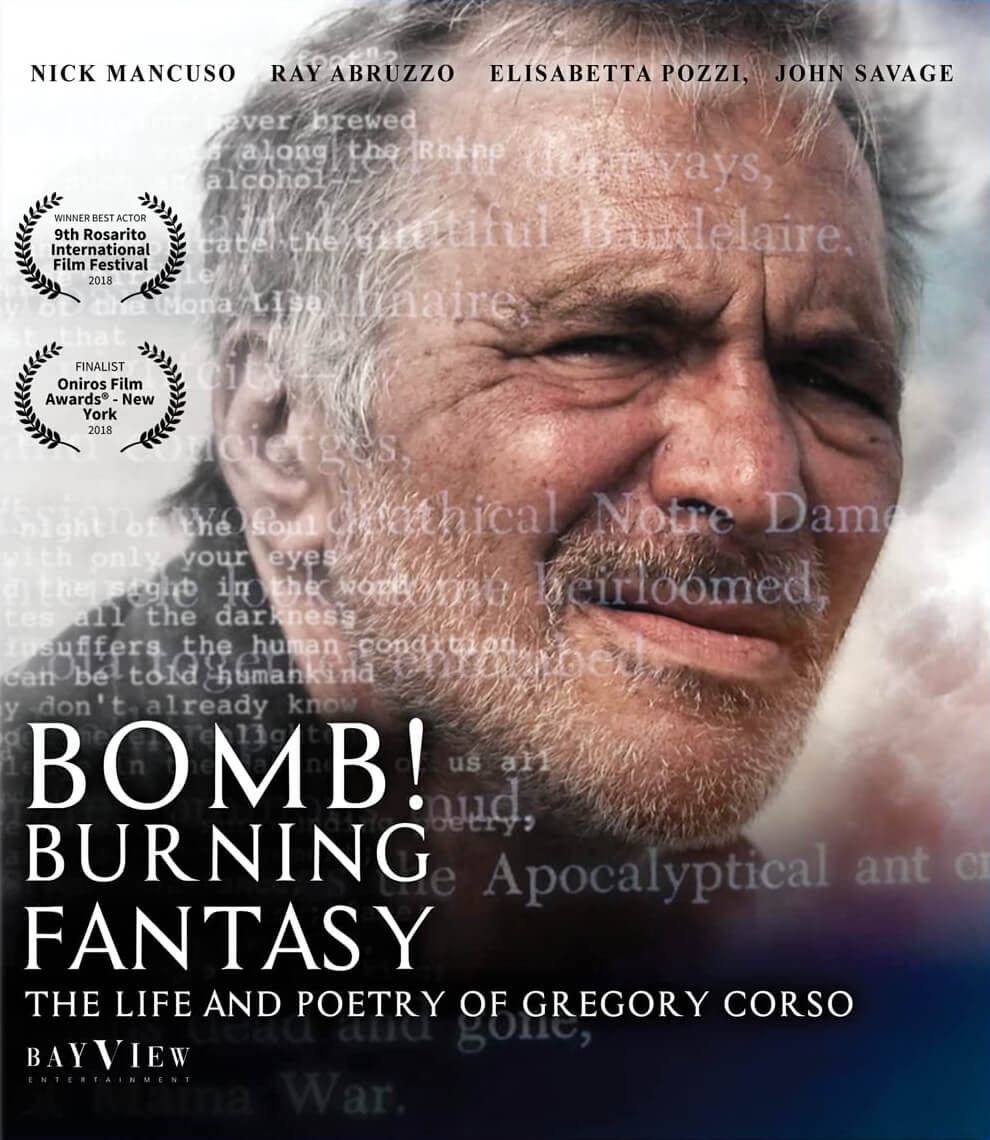Chapter List:
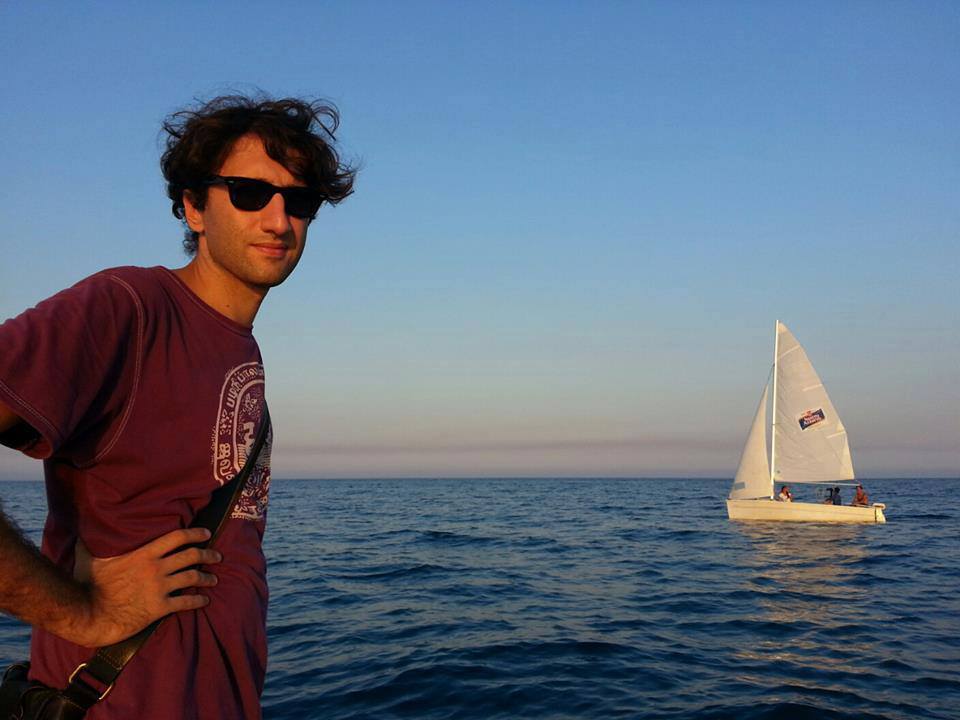
“Director’s Notes” it’s gonna be a series where we interview filmmakers that we find most interesting and surprising. The questions are always the same, so it’s easier to compare the answers. We hope this project will help promote and cultivate yet more filmmaking talent.
Today we are meeting Matteo Scarfò. Matteo is a prolific theater and film director, producer, and writer. Enjoy the interview.
Matteo Scarfò: Interview
When did you first start getting into films?
I’ve always had a passion for cinema since I was a child (thanks to my father, who made me love every aspect of it) however I started making short films in high school. The great majority were fantasy short stories, unfortunately, I managed to finish only one of them, but in the end, all was a great experience.
In 2006 I directed my first short film entitled “Fantascienza in Pillole” which is a tribute to the novel “A Scanner Darkly” by Philip K. Dick. This short unexpectedly won some festival awards so I said: “Okay, maybe I can do it”. I was 23 when I produced and directed “Anna, Teresa e le resistenti” my first experimental feature film which introduced me as a director.
What is your vision of cinema today?
In movies, you see stories told from the point of view of all the arts at the same time. It’s also an art form in constant evolution, it’s the youngest and is still being explored. We need to move towards the horizon and see what lies beyond, surely there will be boundless space. But we need to understand how to fill this space.
Who are some of your influences as a director?
I’ve always liked the way Spielberg tells the stories and the shot’s strength of Don Siegel. I love the dryness and consistency of John Milius and its strong characters but human. I also admire the way of seeing the cinema of Kubrick and Herzog; the terror feeling of John Carpenter; as well as the minimalism and the tenderness of Aki Kaurismaki; loved the vitality of John Landis and the rigor of Ridley Scott. There are so many and all different, they made me fall in love with cinema and they continue to do so.
How do you get inspired?
Most of my inspiration comes from listening to music. I feel the need to hear music all the time. If I hear music my brain starts displaying images as some dream sequences of a few great old Disney movies. The art of painting gave me a lot; it fascinates me even if I’m not able to hold a pencil in my hand. I consider everything in life; regarding exhibitions, once inside I can stare at a picture for hours. That’s what inspired me a lot.
How much room do you leave for improvisation?
Improvisation counts a lot. I like when actors have their own touch. Cinema is teamwork and it can be made on the spot. Movies too planned are often too cold.
Speaking of films, which novel would you transform into a movie?
“Bad Monkeys” by Matt Ruff: it would be a dream.
What upcoming projects are you working on?
Right now, I have two movie projects. The first movie is about Gregory Corso’s poetry. Corso, played by Nick Mancuso our main actor, was a leading member of the Beat movement and a true poet. He was the most authentic and perhaps the greatest author of his generation. He remained coherent with his way of life until the end of his days.
Unlike others who have become Beat after the Beat movement became widely recognized, Corso was a Beat Poet long before there was a movement. Beat poets question what being a poet means.
I think Beat Generation is the highest expression of Post-war Western culture. It was something concrete on several levels, not just literary. For many people, it was just a trend, but few (among them Corso) understood what actually being a Beat Writer meant.
He is the author of compositions that could open your eyes to the surrounding reality. Corso was irreverent, ironic, crazy, often homeless, and burdened by both great inner pain and sadness.
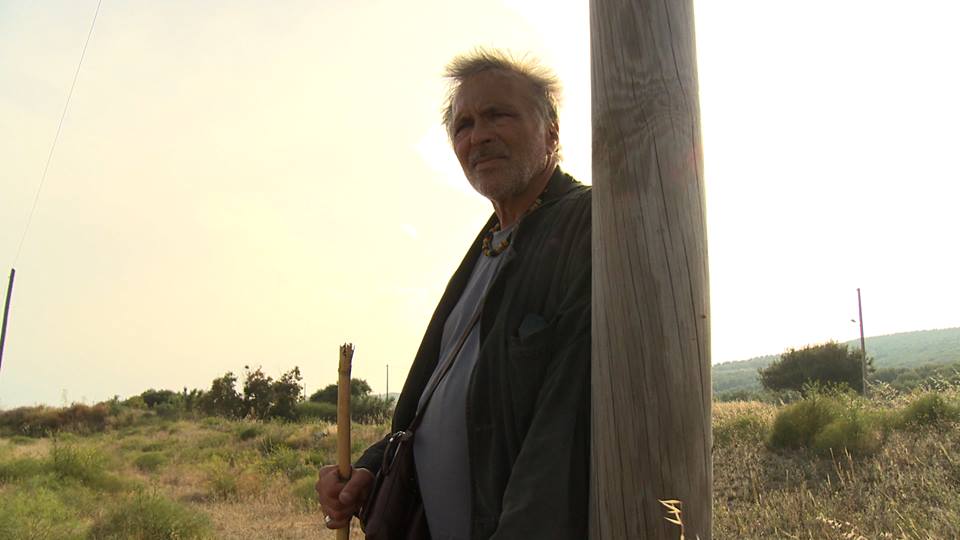
The movie will be something amazing: We’ve been shooting this film in a crazy, unconventional way, rewriting the screenplay on the fly to capture the unpredictable events as they unfold. The result is a visually striking post-apocalyptic science fiction film, shot in a range of locations that showcase the film’s stunning visuals. These include a meticulously designed green-screen studio that allows for seamless integration of computer-generated imagery.
The first 18 minutes of the film have been screened at the prestigious Italian Contemporary Film Festival (ICFF) in Toronto. Now, we’re seeking support through a crowdfunding campaign on Indiegogo to take the project to the next level. We have big plans, including casting iconic actors like John Savage as the poet Shelley (who was loved by Corso), Bill Moseley as Burroughs, Ray Abruzzo as the narrator, and Allen Ginsberg. However, we need additional funding to make this happen. Our ultimate goal is to bring this project to the city where Corso began and ended his existence: New York.
I’m also working on a film project called The Last Sun of the Night (Original title: “L’Ultimo Sole della Notte”), which is a true post-apocalyptic science fiction story. I’ve written the script myself and have secured actors, locations, and nearly everything else needed to bring the vision to life. In fact, I’ve already filmed several scenes and am eager to see where the project takes me next.
What is the future of cinema?
Cinema will never die, however, it has to change in order to not be overtaken by other forms of art or entertainment.
The change is a phenomenon already in place but we are at a crucial stage. Cinema could really change things or just stays in the background. I’m speaking of course about the possibility that a filmmaker without a big budget could realize his own movie and then show it to a potentially vast audience.
I believe that one day new cinema masters will be on an average basis, their biographies will not have any legendary episode, as it was for Orson Welles, Chaplin, Kubrick, Coppola, etc. Probably movies will be ordinary, but this doesn’t matter, however, it indicates a new way. And this is what we are going to do.
Feeling Inspired?
What do you think of Matteo Scarfò’s insights and experiences as a film director? Let us know in the comments below.
Join The Crew
Join our FREE Facebook group of over 8000 passionate filmmakers and film enthusiasts today and unlock a world of networking opportunities, creative collaboration, and endless possibilities to bring your films to life!
LATEST POSTS
